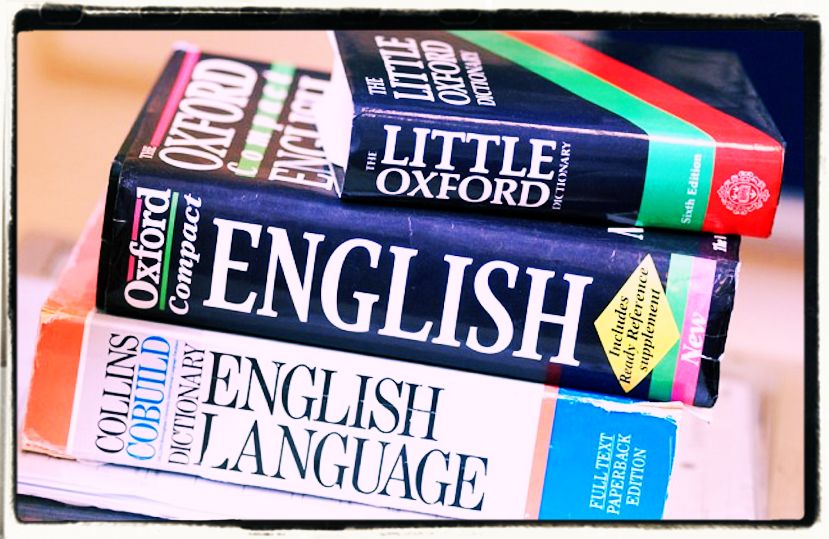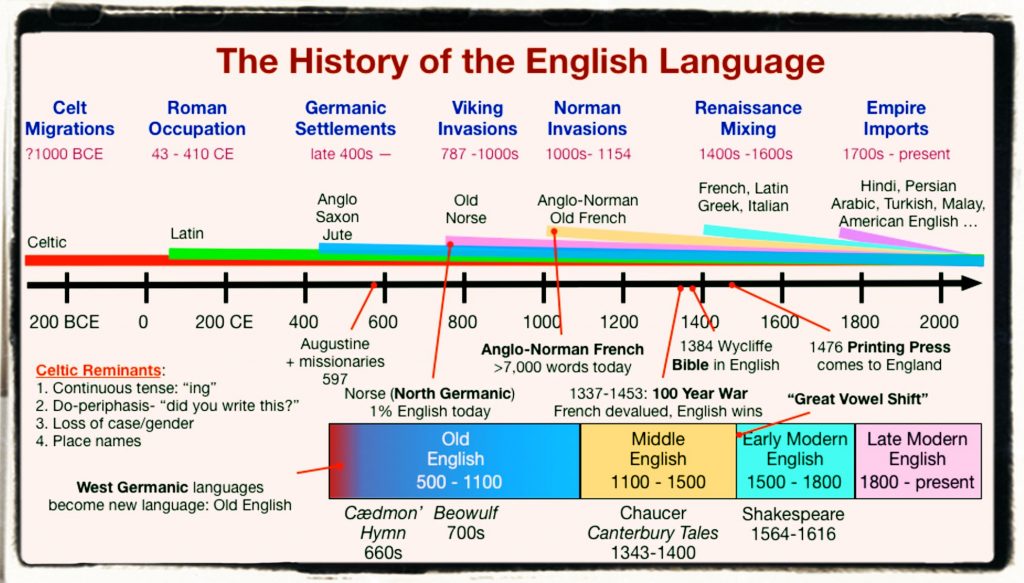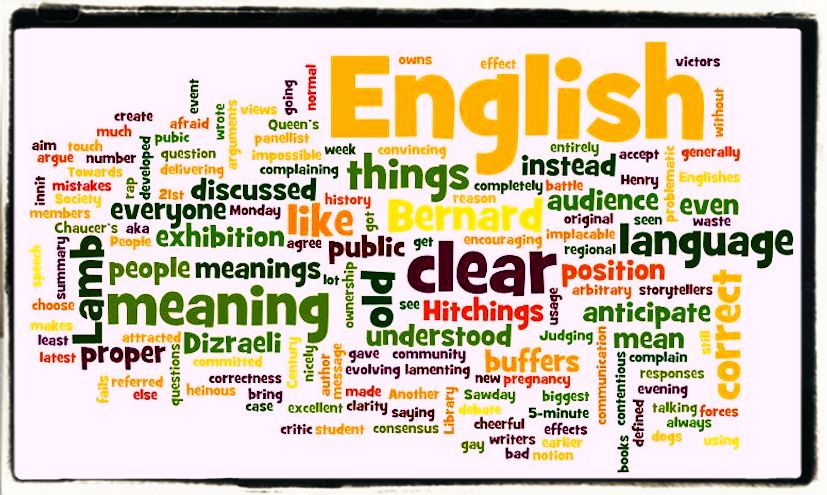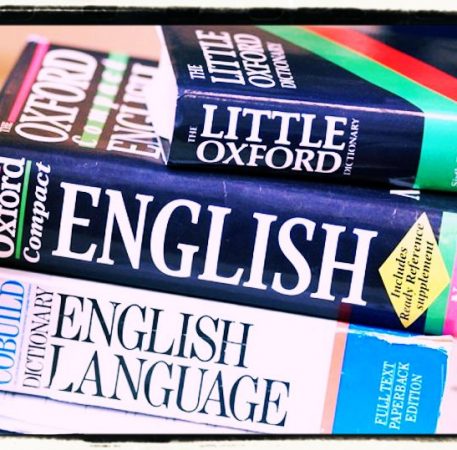
The English language, a brief and synthetic description of the English Language reality, its history, its global diffusion in the world and its different various cultural usages.
The first people in Britain about whose language we have definite knowledge are the Celts. Celtic was, therefore, presumably the first Indo-European language to be spoken in the country we now know as England. Another language, Latin, was spoken for a period of time of about four centuries before the coming of the Anglo-Saxons, but its use by native Britons was probably confined to members of the upper classes.
The Teutonic tribes which settled in Britain after the Romans had left it, were the Jutes, Saxons and Angles. Before crossing over to Britain, the Jutes and the Angles most probably had their home in the Danish peninsula; the Jutes in the northern half (hence the name Jutland) and the Angles in the South. The Saxons were settled to the south and west of the Angles, roughly between the Elbe and the Ems.
First came the Jutes who settled in Kent, then, according to the Anglo-Saxon Chronicle, the Saxons who settled in Sussex and Wessex. Finally the Angles who occupied the east coast and then established an Anglian Kingdom north of the Humber. The Celts called their Teutonic conquerors “Saxons” indiscriminately. But soon the terms “Angli” and “Anglia” were used for the Teutons generally.
The English language of today is the language which has resulted from the fusion of the dialects spoken by the Jutes, Saxons and Angles. In the development of English, we generally distinguish three main periods. The period from 450 to 1150 is known as Old English. From 1150 to 1500 the language is known as Middle English. The language from 1500 to the present time is called Modern English.

The English language is a Germanic language which is categorized in the Indo-European Language Family (Mercier, 2011). Indo-European is the largest language family that contains 430 languages which are all closely related and share a common ancient origin. While there are only 19 language families, each have many branches that categorize languages into more narrow subsets and share a more recent origin (Norton, 2009). English, German, and Dutch are examples of languages that pertain to the Germanic language branch which is part of the Indo-European language family. (Mercier, 2011).
The English vocabulary has increased greatly in more than 1500 years of development. The most nearly complete dictionary of the language, the Oxford English Dictionary (13 vol., 1933), a revised edition of A New English Dictionary on Historical Principles (10 vol., 1884-1933; supplements), contains 500,000 words. It has been estimated, however, that the present English vocabulary consists of more than 1 million words, including slang and dialect expressions and scientific and technical terms, many of which only came into use after the middle of the 20th century. The English vocabulary is more extensive than that of any other language in the world, although some other languages – Chinese, for example – have a word-building capacity equal to that of English.
Extensive, constant borrowing from every major language, especially from Latin, Greek, French, and the Scandinavian languages, and from numerous minor languages, accounts for the great number of words in the English vocabulary. In addition, certain processes have led to the creation of many new words as well as to the establishment of patterns for further expansion. The processes that have probably added the largest number of words are affixation and especially functional change, which is facilitated by the peculiarities of English syntactical structure.
Over 360 million people speak English as their mother tongue. Although English is numerically second to Mandarin Chinese, holding almost a billion mother tongue native speakers, no one would seriously propose learning Chinese as a practical world language. In fact the Chinese themselves are now busy implementing plans to learn English on a large scale. Not only would Chinese be too difficult, but its 600 million speakers are confined to one relatively small area, whereas English speakers, thanks to the British Empire, are to be found on every continent and in every corner of the globe.
To a European, the English speaking world probably means little beyond the United States of America and England, but when a European says “England” he most likely means the United Kingdom, which, of course, is composed of four different English speaking countries: Wales, Scotland, Ulster (also known as Northern Ireland) and England. With a bit more thought, a European will remember to include Eire, the Republic of Ireland, Australia, Canada, South Africa and New Zealand, perhaps. But these are only 10 of the 45 countries which consider English their first or official or natural native language. In addition there are 19 other countries for which English is the practical or educated first language countries like Guyana, India and the Sudan.
Most of the important African states are English speaking by tradition and by choice using English to unify the country and serve as the principal means of communication between diverse tribes. Kenya, Nigeria, Zambia, Ghana, Malawi, Tanzania just a few of the black African countries which depend on English for their law courts and parliaments and day-to-day business dealings. In Asia, the English language serves the same purpose for the entire Indian sub-continent as well as for the smaller outposts of the Empire now the Commonwealth such as Fiji, Tonga, Hong Kong, Singapore, Malaysia and Ceylon or rather Sri Lanka, as it is now called. The Caribbean Sea is sprinkled with islands in the sun, Bermuda, Barbados, Trinidad, Jamaica, Dominica, the Bahamas where English is spoken by everyone, black, white or brown.

English contains many variations of accent and even dialect, but unlike Italian or German, the dialects are rarely different enough to make comprehension impossible. True, a London Cockney would have a very difficult time in a conversation with a steel worker in Glasgow, and a Carolina cotton picker might find it difficult to understand and be understood by a sheep farmer from Australia, but a businessman from, say, Indianapolis, Indiana, U.S.A. would have few problems dealing with4 a businessman from Dublin, Ireland or Sydney, Australia, Auckland, New Zealand, Liverpool in England, Johannesburg, South Africa or Kingston, Jamaica. A reasonably educated standard English allows comprehension and communication all over the English speaking world.
But the geographical spread of the English speaking world cannot entirely account for English being the “lingua franca” of the modern world. The industrial and technological achievements, mainly of Britain and the United States, has made English the international language of many different fields, like: International air traffic control; Sea navigation (morse code between ships); The complex jargon of computers and space technology; International scientific, business and financial world conferences; Advertising and marketing is another field which is largely dominated by the English language. What’s more through the American negroes, English became the language of jazz. English continues as the language of pop music throughout the world not only from British and American pop stars but as the chosen language of the Swedish group Abba and the Spanish group Baccara, and no doubt many others in other countries. The British enthusiasm for competitive sport has given the world soccer football, rugby football, golf, tennis, cricket, squash, boxing, competitive swimming, rowing, modern horse racing and even ping gong. To this list, the Americans have added volley ball, basketball and baseball. It is hardly surprising that English is the international language of sport, and words like “corner”, “penalty”, “goal”, “K. O.” and smash” are familiar in every language.
English is also the language of education. Throughout the third world, most secondary education and virtually all university lectures are in English. Even in Europe in countries as small as Sweden and as large as Russia, scientists and scholars of all kinds write their most important research and theses in English to . guarantee the largest possible audience. And since the formation of the NATO forces, English ha’s also become the language of the western military establishment the soldiers of all NATO countries being trained and taught in English. In addition, the English language can claim the most extensive and richest poetical literature of any language in the world.
N.B. Read carefully my friends, I have written more than 10,000 original quotes in Italian, they are all available in the Daimon Club website and in my private electronic library I have something as 200,000 English quotes and thousands of books about everything, most of all classic texts on the English Language, its grammar, its vocabulary and on the main classic subjects taught at secondary school, college and university; therefore if you need something just visit The World Of English on Facebook, like the page, write me, and let me know if I may be of assistance. Bye bye and remember, stay safe, be good and if you can’t be good, at least be careful.
To learn, to practice and to improve the English Language, the Use of Internet and Marketing Strategies write us, we can guarantee free advice, good tricks, useful cooperation, lot of materials and ideas. Find out more at the following links:
The English language article ;
The world of English language ;
English words origin and vocabulary ;
On Facebook ;
Videos:

